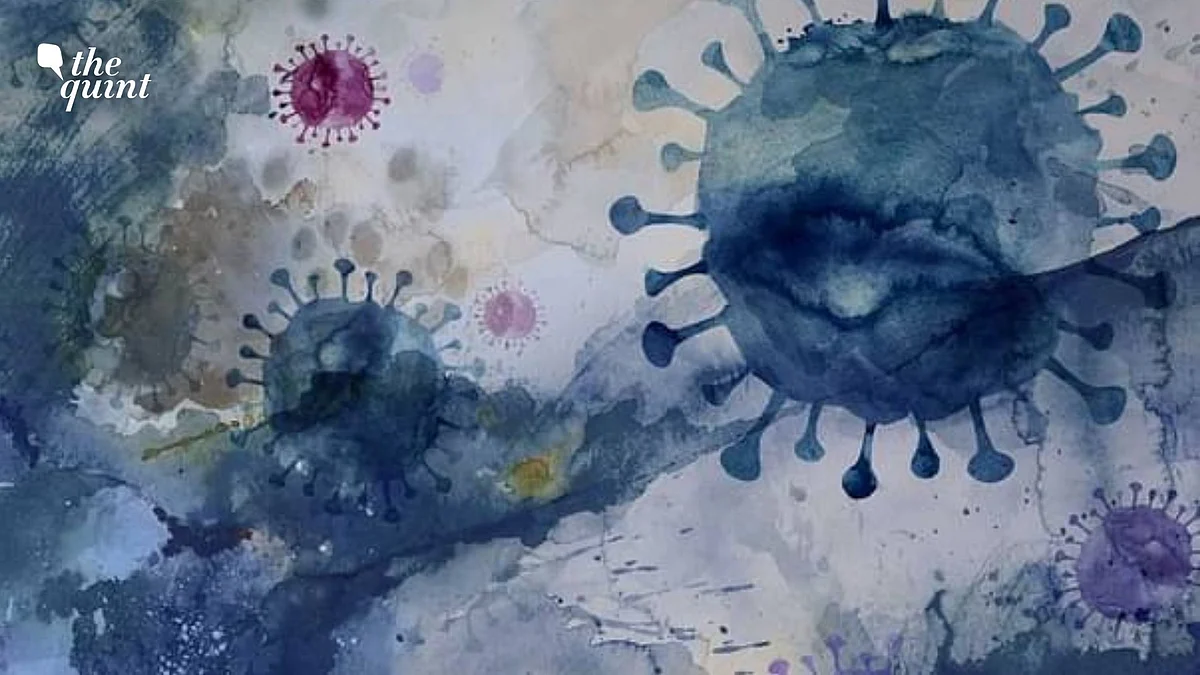Austria in Lockdown as COVID Cases Rise Across Europe: What Are the New Curbs?
Europe accounted for more than half of the seven-day global average last week. What are the new curbs?

advertisement
With the holiday season approaching, Europe is once again the epicentre of the COVID-19 pandemic, with fresh infections increasing across the continent.
What exactly are the new rules? Here's a primer.
Austria
Austria is now the first country in western Europe to reintroduce a total lockdown since vaccines were rolled out, Reuters reported on Monday, 22 November.
Last week, the country had imposed a lockdown on an estimated two million people who remain unvaccinated.
As per rules, only those who are vaccinated could step out of their homes. The new rules, however, mean that the government has shut down non-essential shops, bars and cafes, and has ordered people to work from home.
The Netherlands
A partial lockdown has been imposed in the Netherlands for the next three weeks.
This means that restaurants and bars will close at 8 pm.
There are also restrictions on visiting tourist sites and monuments.
Riots erupted over the weekend in multiple Dutch cities as young people protested against the restrictions.
Germany
Outgoing chancellor Angela Merkel warned that Germany is on the brink of a 'fourth wave' with the country recording more than 52,000 cases on 17 November.
The government has asked people to either cancel or avoid large gatherings. They are also considering implementing remote work again.
German Health Minister Jens Spahn expressed his fear that by the time winter leaves, everyone in Germany would be "vaccinated, recovered or dead", Reuters reported.
Sweden
From 1 December, a health pass will be required for those who want to attend any event with more than 100 participants.
The COVID-19 pass is an attestation that the person is fully vaccinated or has tested negative in the past 72 hours.
With Sweden recording a few cases, as compared to other European countries, restaurants and bars are exempt from any restrictions.
Belgium
The government has asked people to limit personal contact.
The mask rule is back, with all above the age of 10 mandated to wear it. Working from home has been advised.
All Belgians are likely to receive a booster shot from April 2022.
Police and protesters, however, clashed on Sunday, 21 November, in protests that turned violent.
Czech Republic
Prime Minister Andrej Babis has announced that unvaccinated people will not be provided access to public events or services.
Those who had tested negative were earlier allowed the access.